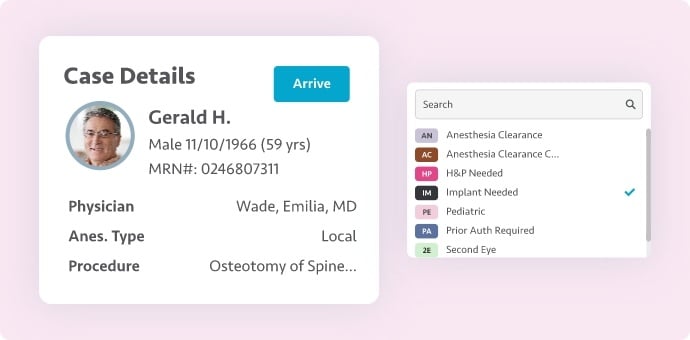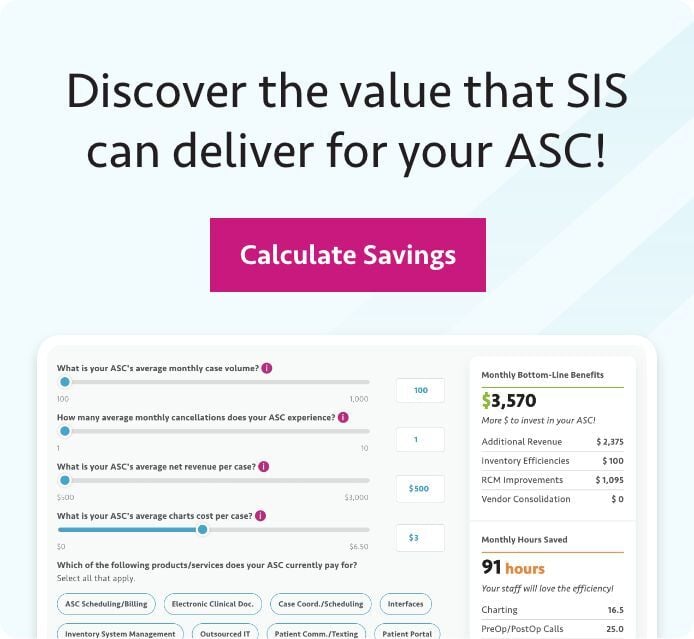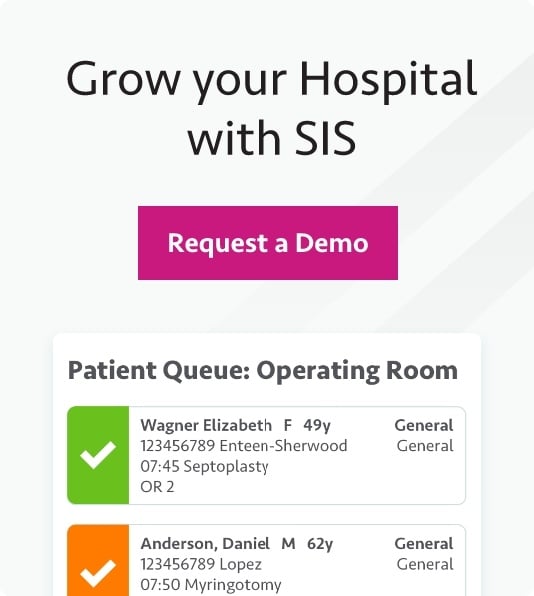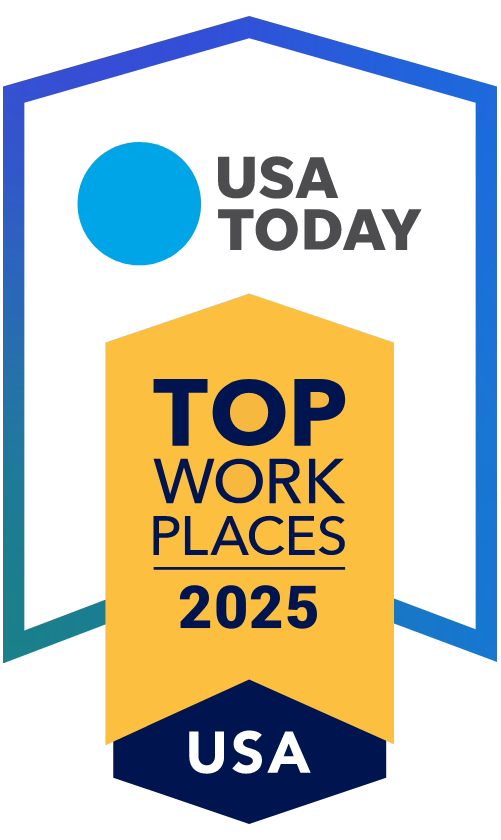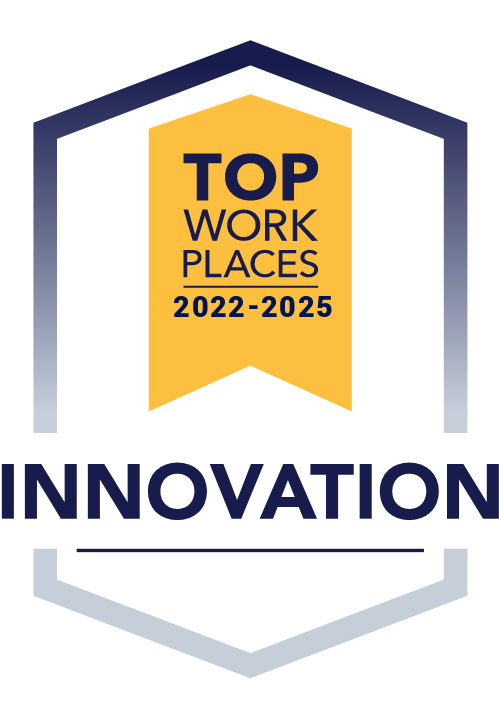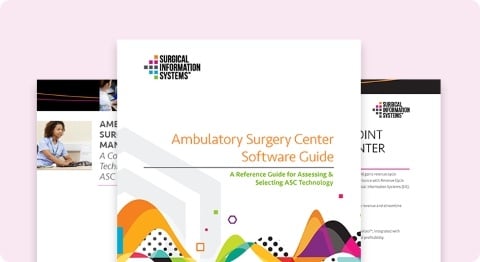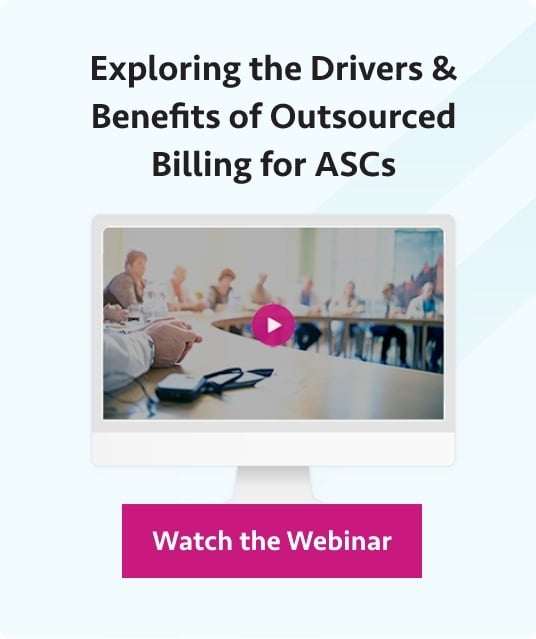 For more than 40 years, healthcare costs in the United States have outpaced other nations. It would stand to reason that outcomes would be better, too. But research reveals that isn’t the case. A 2015 report by the Commonwealth Fund states that in 2013 the U.S. spent far more on healthcare than a dozen of its high-income peers yet had poorer health outcomes, including shorter life expectancy and a greater prevalence of chronic conditions.
For more than 40 years, healthcare costs in the United States have outpaced other nations. It would stand to reason that outcomes would be better, too. But research reveals that isn’t the case. A 2015 report by the Commonwealth Fund states that in 2013 the U.S. spent far more on healthcare than a dozen of its high-income peers yet had poorer health outcomes, including shorter life expectancy and a greater prevalence of chronic conditions.
The Affordable Care Act aims to reverse this trend, improving care quality and outcomes while reducing costs. Instead of the current fee-for-service model which ties payments to volume – the more patient visits and services, the more profit – it shifts the focus to value. Under this approach rewards are based on the triad of the healthcare act: cost, service quality and outcomes.
The shift from volume to value-based models is requiring that providers reevaluate how to manage their revenue cycles, and do so relatively quickly. While acute care facilities have been at the forefront of the transition, outpatient service providers like ambulatory surgery centers (ASCs) and therapy clinics must also prepare to engage in this new environment.
In this 60-minute webinar, you will hear industry experts from SourceMed discuss the move to value-based healthcare and ways for outpatient providers to adapt what they are doing today to thrive under collaborative service delivery models including: revenue cycle management strategies, data analytics, patient engagement and system interoperability.
The following questions will be addressed:
- What should facilities be doing, asking, and monitoring now to make sure their revenue cycle management processes are evolving to best handle value-based payments?
- How can organizations leverage analytics to stay on top of cash flow, track costs and streamline operations?
- How can organizations proactively engage patients throughout their entire care progression ?
- What is the best RCM team structure and governance approach in the value-based world?




